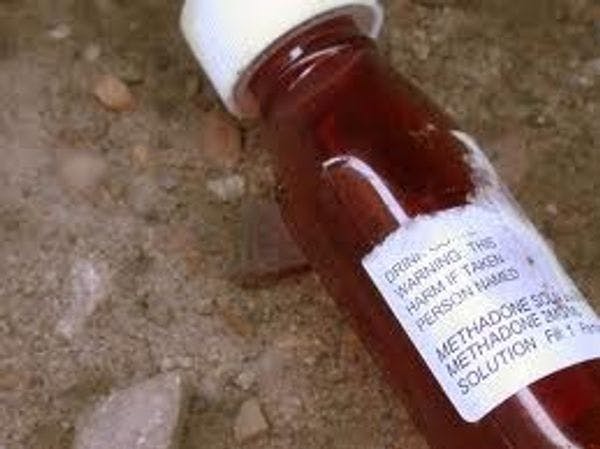La prohibición de metadona para los usuarios de drogas en Crimea exacerbará la epidemia del VIH/SIDA y pondrá en peligro la salud pública
El uso de drogas inyectables es uno de los factores que intensifica la enorme epidemia del VIH/SIDA en Crimea, pero la legislación rusa no permite que se administren tratamientos de sustitución. Más información, en inglés, está disponible abajo.
Suscríbase a las Alertas mensuales del IDPC para recibir información sobre cuestiones relacionadas con políticas sobre drogas.
Injecting drug use drives the huge HIV/AIDS epidemic in the region, but Russian law does not permit the substitution treatment that is shown to help. The end of its provision on 1 May will have huge repercussions, says Michel Kazatchkine.
Ten years ago 170 000 people in the Russian Federation had HIV.The estimated number is now 1.2 million.More than 2% of men aged 30-35 are infected, says Vadim Pokrovsky, the head of the Russian Federal AIDS Centre. Russia now accounts for over 55% of all new HIV infections reported in the European region.
This epidemic was mainly caused by injecting drug use, but it is now spreading to the general community. And it could have been avoided if Russia had implemented large scale harm reduction programmes including opioid substitution therapy (OST).
Treatment with methadone or buprenorphine and the provision of clean needles have saved the lives of millions of injecting drug users worldwide in the past 30 years of the HIV/AIDS epidemic.
Please click here for more information.
Keep up-to-date with drug policy developments by subscribing to the IDPC Monthly Alert.
Regiones
Perfiles relacionados
- British Medical Journal
